Not only is China the second most expensive country in the world to raise children, parents also have to sacrifice time off and career advancement opportunities if they have children.
The cost of raising a child to 18 in China is almost the highest in the world relative to GDP per capita.
According to a report released by the Beijing-based YaWa Population Research Institute in late February, the national average cost of raising a child in China to age 18 is 538,000 yuan (over 1.8 billion VND). This includes nanny fees, childcare services, tuition, school textbooks and extracurricular activities. This figure is 6.3 times the country's GDP per capita and is almost the highest in the world.
The report also stated that China's rate far exceeds other countries such as Japan (4.26 times), the US (4.11 times), France (2.24 times) and is only behind South Korea (7.8 times).
Beijing and Shanghai are the two most expensive places to raise a child, with average costs of around 936,000 yuan and over 1 million yuan, respectively. Including university education, this rises by 25%.
The report said families are not required to provide child support after the age of 18, but most parents still do.

Rising child-rearing costs, sacrifices in leisure time and career advancement are making many Chinese women reluctant to have children. Photo illustration: REUTERS/Tingshu Wang
However, many netizens disagreed with the study's findings. One comment on Weibo, which received more than 6,000 likes, read: "The estimated tuition fee should be in the millions of yuan. 680,000 yuan is too little."
As for Beijing's statistics, many people think they should be higher, around 2 million yuan (6.8 billion VND).
A separate comment questioning the effectiveness of using median income as a criterion received 3,800 likes: "Ordinary families only need to pay a few thousand yuan in tuition fees a year, and their children will still study well and get into university. But wealthy families spend hundreds of thousands of yuan to send their children to study abroad. So calculating the average is meaningless."
According to the report,education spending is a major contributor to the total cost of raising children in China. A good education has long been considered a key factor for success in the country.
A 2017 article in the SCMP stressed that “graduating from prestigious universities guarantees a future of status, wealth, and even power.”
In that context, Dr. Zhao said, there is enormous competitive pressure forcing parents to seek good education for their children. This process begins at a young age. However, due to the different quality of schools, rural families try to send their children to district schools instead of those in villages or communes. Meanwhile, in urban areas, families try to buy expensive apartments near the best schools or pay “school selection fees” to get their children into the schools they want.
Professor Stuart Gietel-Basten from the Hong Kong University of Science and Technology said that Asian families often have few children and this puts pressure on parents to make their children excel, making the path to success narrower.
“Although there are many universities in China, many parents still want their children to go to prestigious universities. This has unfortunately become a money-making tool for the institutions,” said Professor Gietel-Basten.
Also in the report of YaWa Institute and analysts, raising children is not only a financial burden but also a price to pay in terms of time and opportunities for parents, especially mothers.
Dr Zhao cited a 2017 government survey that said “lack of family care” was one of the top three reasons why Chinese women of childbearing age did not want to have more children.
Factors that families of childbearing and parenting age must consider include maternity leave, time spent looking after and picking up children from school, time spent helping children with homework and housework.
In particular, women's paid work hours decline, mainly before children turn 4. However, men's paid work hours remain constant after having children.
In addition to taking away time off, women’s income also drops sharply after giving birth. According to reports in China, each child born means a woman’s salary will drop by 12-17%.
Professor Gietel-Basten said that the imbalance in gender roles and lack of support causes many women to leave the labor market due to housework.
Recent findings and proposals made at China's National People's Congress earlier this year underscore that women in the country still face significant disadvantages in everything from career advancement to the burden of housework.
Recruitment platform Zhaopin.com’s annual report released in early March found that about 13 percent fewer women than men work in China. The gap has remained largely unchanged for years.
More than 70% of working women still spend two hours a day taking care of their families, but only half of men do the same.
"The high cost of childbirth and the difficulty in balancing family and work make the Chinese people's need to have children almost the lowest in the world," the report said.
Minh Phuong (According to CNA )
Source






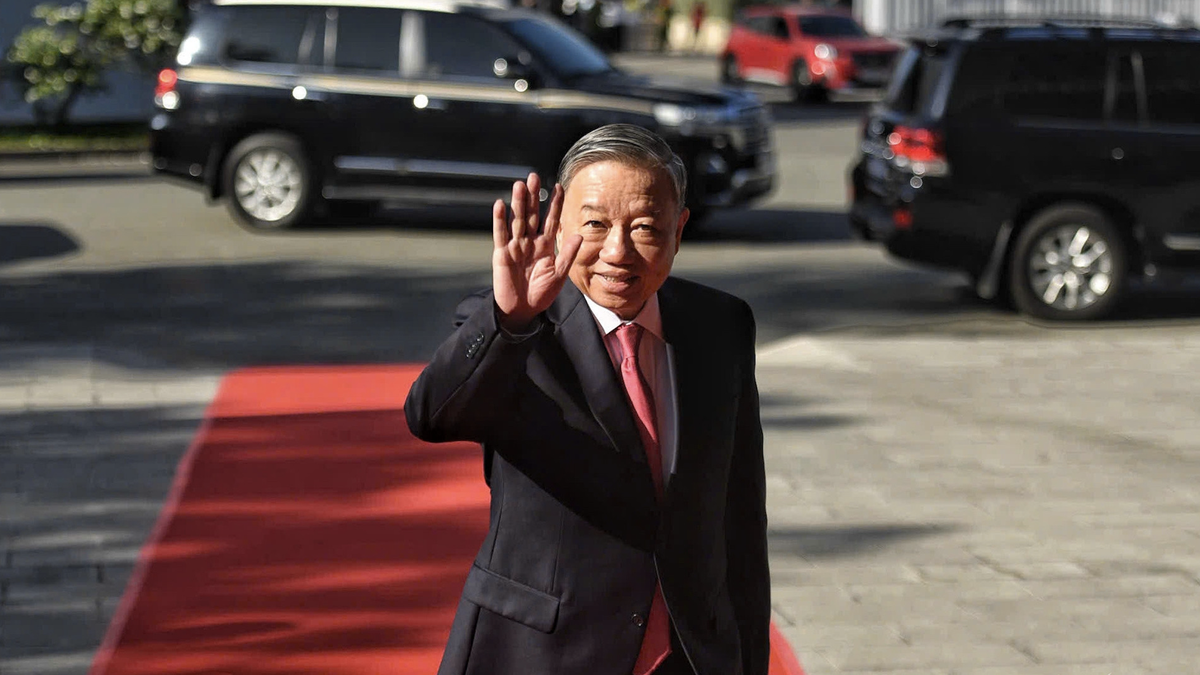






















































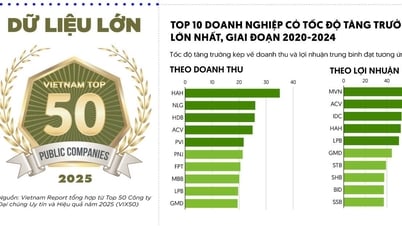



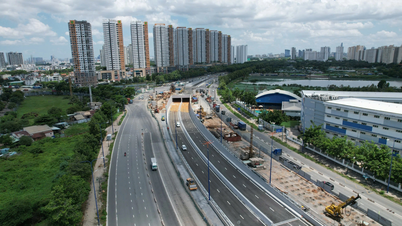

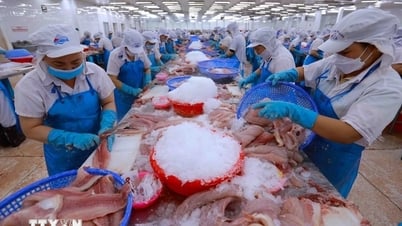











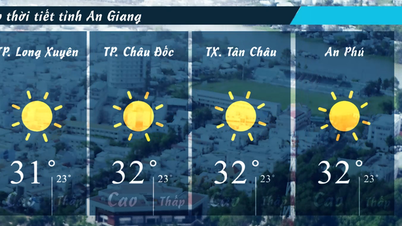






















Comment (0)